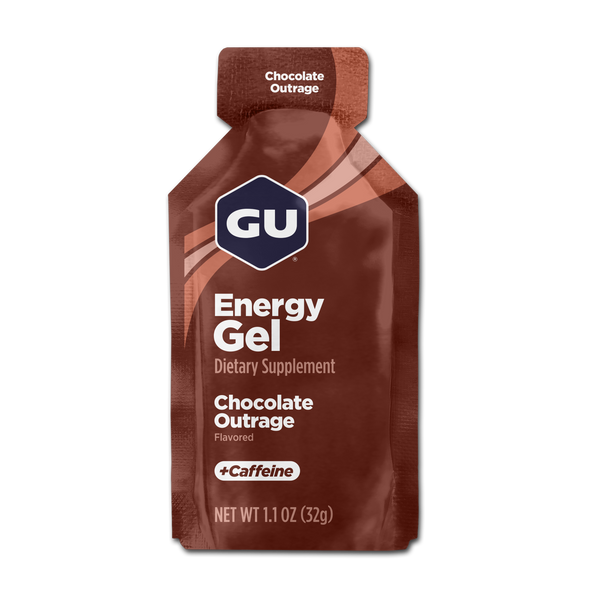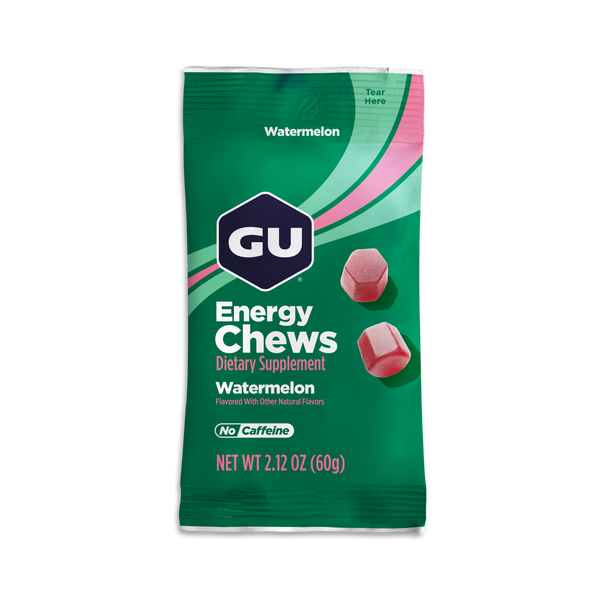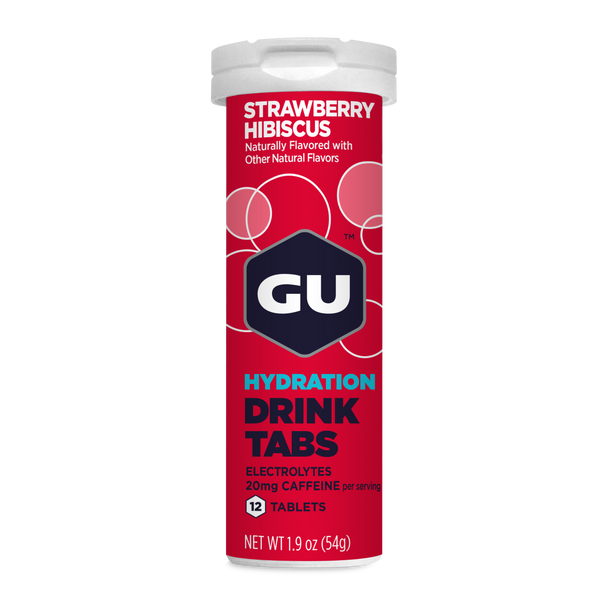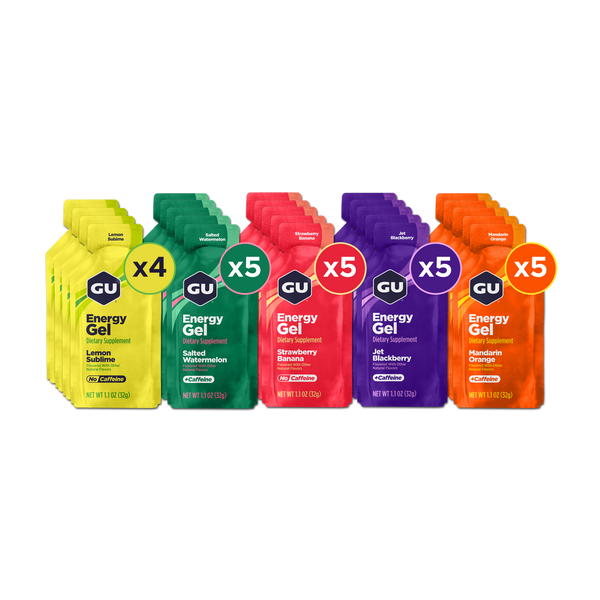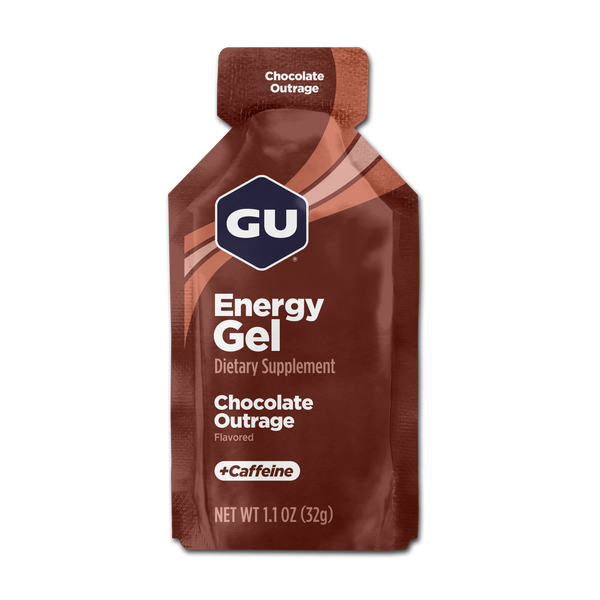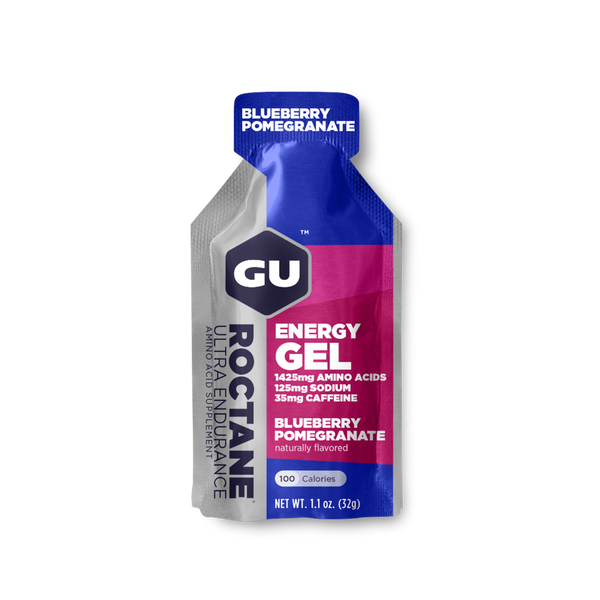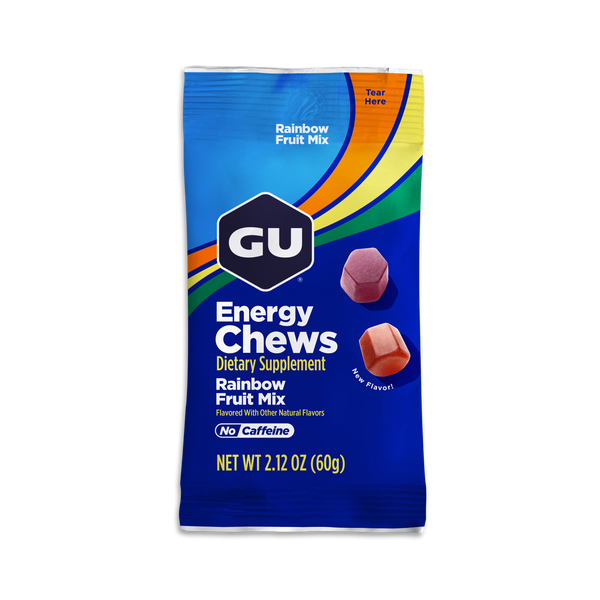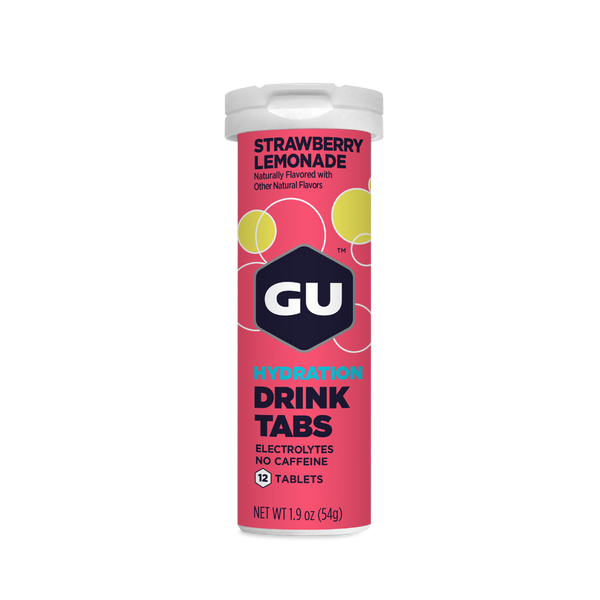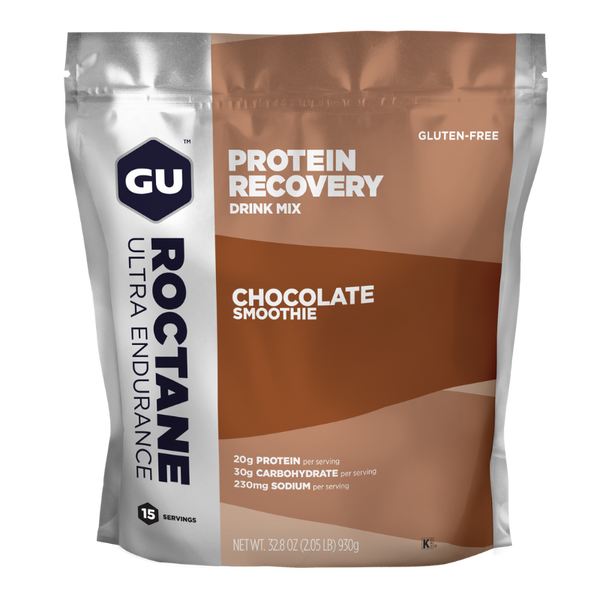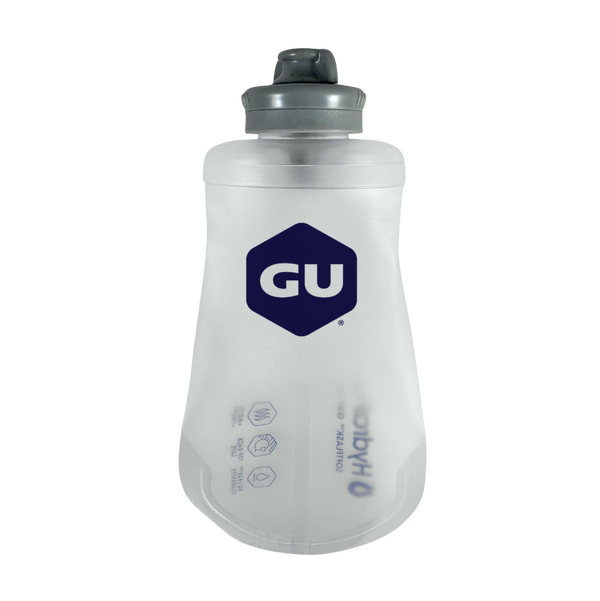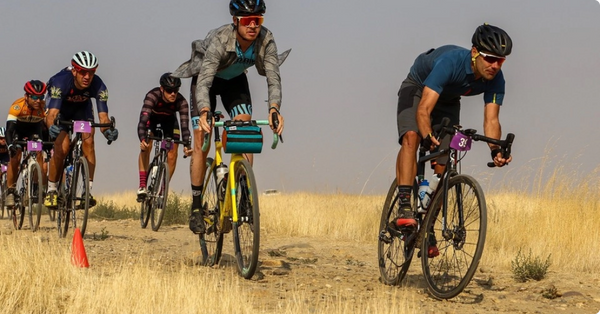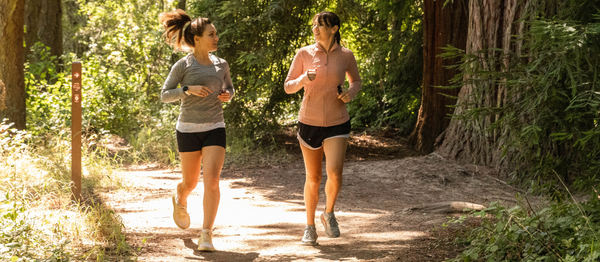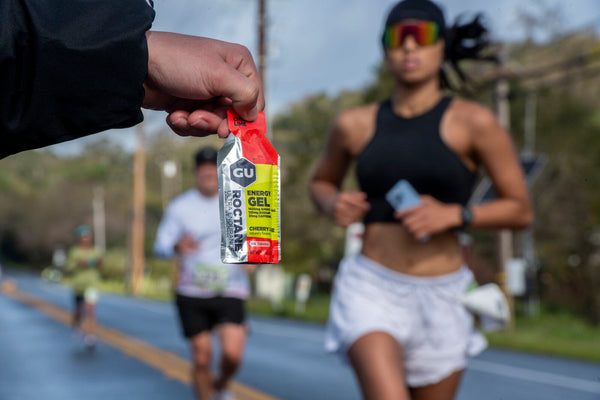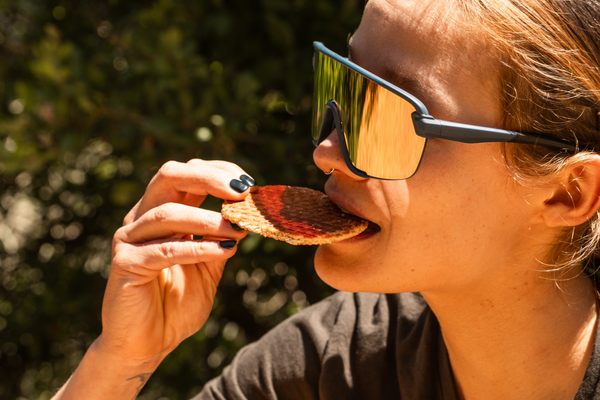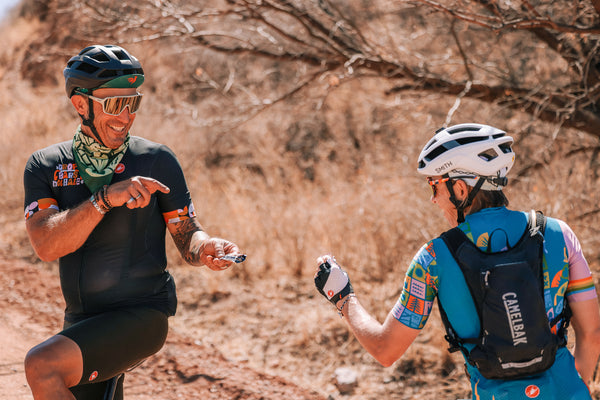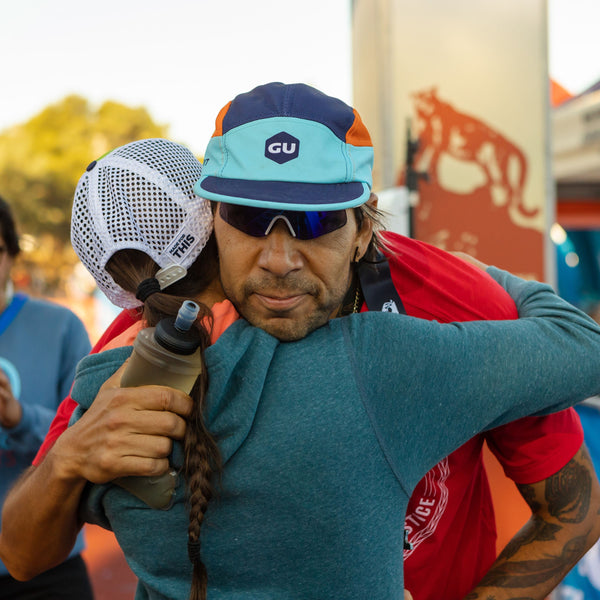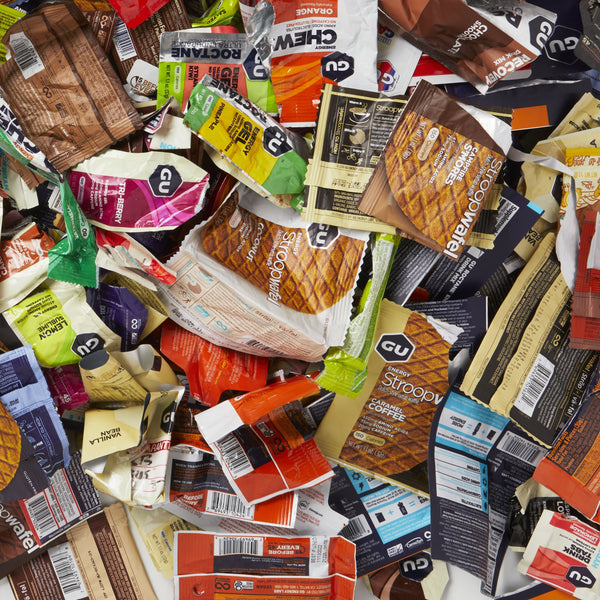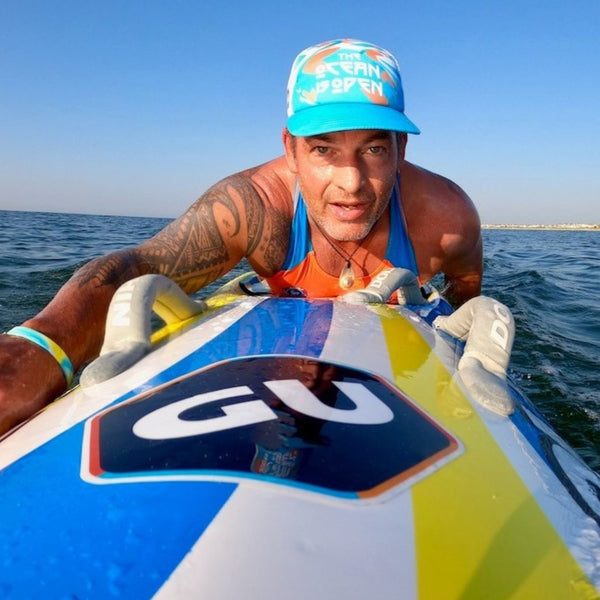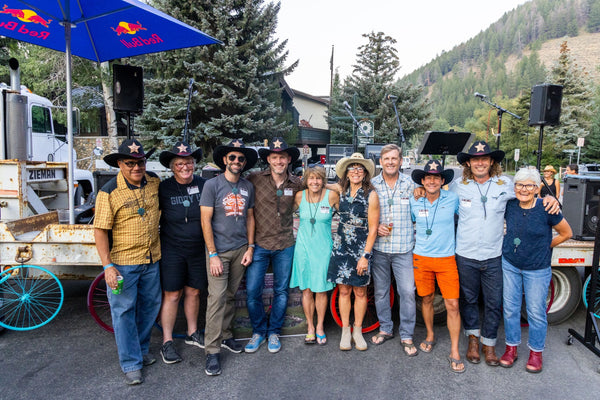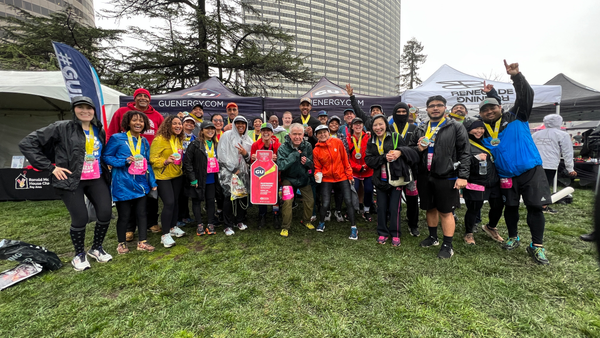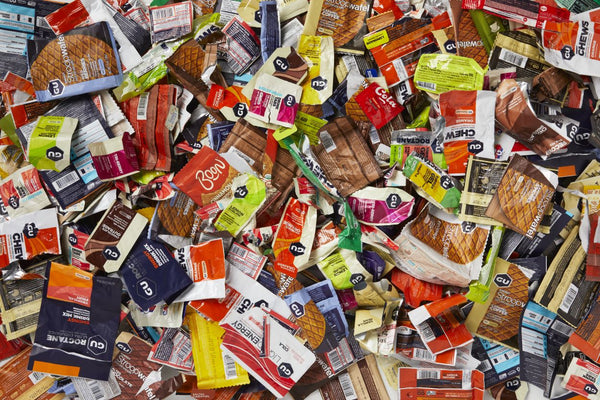
When athletes say they’re struggling with their mental game, it often downplays the fever dream of trying to find a way out. Unlike a physical injury, unraveling a mental block can feel like grasping at smoke. My last two years as a runner at Princeton University, I was a bit of a head case.
In the thick of my own mental haze, I was paralyzed by over-analysis. At first, I tried not to force my performance mentality when I felt it slipping. When that didn’t work, I got impatient. I doubled down, trying to lock into the same laid-back confidence I had during my best performances. But it kept slipping away. I filled my head with sports psychology buzzwords, hoping they’d replace the confidence I’d lost. They didn’t. My coach worked with me to find joy in the moment and take the pressure off, but I couldn’t shake the feeling that something was broken and needed to be fixed.
The summer after I graduated, I regained some composure. Summers allow you to do that. I could train without stressing about races, and my mind slowly began to quiet on runs. My focus turned to the final year of my NCAA eligibility at Georgetown University.
Originally, I planned to write this blog post around the first national-caliber race of the 2024 cross-country season with my new team, as I envisioned going in with killer early-season fitness and confidence. Instead, I was out for a week with Covid leading up to the race, and my confidence wobbled. Although I was proud of my team’s third place finish, my own race was not anything spectacular.
I decided to write this anyway, but this isn’t the journal of someone riding high on a peak performance. Instead, I’m going to share two realizations I’ve had during this period of transition to a new team–two things that are still works in progress for me.

Recognizing Perfectionism
I’ve never thought of myself as a perfectionist. Honestly, anyone who knows me would probably laugh at the idea. That’s why I never considered that perfectionism might be the thing holding me back. But when I started doubting my racing abilities, I couldn’t figure out what had changed. As I began searching for answers I forgot that being perfect had never been why I was successful. I started assuming that the women who were racing well did feel perfect. I tried to chase that feeling.
I tried to internalize perfection. I wanted perfect sleep. I couldn’t decide if I was eating too much or eating too little because neither felt perfect. Could pain be perfect? I romanticized the pain I’d felt during good performances as a predictable sharp sear that passed through me like a ghost. I forgot that I had always had to negotiate with pain. I forgot that pain often felt raw and uncertain and that some of my best races I’ve wanted to drop out of.
The beautiful thing about recognizing perfectionism? It’s just that: recognition. You don’t have to do anything about it—no schedules, no lemon water, no shopping sprees. It’s about noticing when you’re asking reality to be something it’s not. And as you stop chasing perfection, your habits start to shift, almost imperfectly.
Practice Everything
When my practices were going well but my races weren’t, I realized I was drawing too much of a line between the two. If you’re struggling, try practicing. Practicing is about action, not identity. When you practice something, it forces you to stop worrying about whether you can or can’t do it, and instead, focus on the process.
On days when I’m not sure I can handle the pain of a workout, I tell myself to just practice handling it. That little shift takes the pressure off.

This cross-country season, my team is in a position to contend for a national championship, but we haven’t started talking about it much yet. If it happens for us, it won’t be because everything went perfectly this season, or even because we felt like champions on race day. It will be because we embraced our imperfections and showed up willing to practice something we’ve practiced hundreds of times before.
So, there you have it—two things I’m working on that I’ll never "perfect" (nor do they need to be). They’ve helped free my mind, and what I love about them is that they’re not buzzwords. They’re more like a framework you can fill with your own challenges and dreams.
Wishing you Luck,
Fiona
“GU athlete Fiona Max grew up running and skiing in Oregon’s Cascade Mountains. She ran for and completed her undergraduate degree at Princeton and is now pursuing a Master’s in Sustainability as well as final year of track and cross country at Georgetown University. Of her many hobbies, the most toxic ones include suggesting movies she’s never watched to others and assigning unsolicited celebrity look-a-likes to friends and acquaintances.”

